 There’s a battle going on right now in our neighboring state of Illinois concerning the Illinois Homeschool Act. This Act takes the current minimal oversight of homeschoolers in Illinois and places families at risk of violation by state appointed truant officers right in their homes.
There’s a battle going on right now in our neighboring state of Illinois concerning the Illinois Homeschool Act. This Act takes the current minimal oversight of homeschoolers in Illinois and places families at risk of violation by state appointed truant officers right in their homes.
The bill would require parents to file a homeschool declaration form as well as an education portfolio to their local school district effectively putting their children under the jurisdiction of the very system from which many of these parents are trying to get away. Continue reading

 When our sons were 3 and 6, my husband and I attended a homeschooling conference led by an expert and author in the field. During one session, the speaker asked the audience to share what traits they hoped their children would develop in school. Integrity, critical thinking, creativity, and curiosity were among the answers. She then posed a thought-provoking question: “How much emphasis do you think public schools place on teaching these values?” She added, “Who here believes that if parents take control of their children’s education, they can instill those traits?”
When our sons were 3 and 6, my husband and I attended a homeschooling conference led by an expert and author in the field. During one session, the speaker asked the audience to share what traits they hoped their children would develop in school. Integrity, critical thinking, creativity, and curiosity were among the answers. She then posed a thought-provoking question: “How much emphasis do you think public schools place on teaching these values?” She added, “Who here believes that if parents take control of their children’s education, they can instill those traits?” 
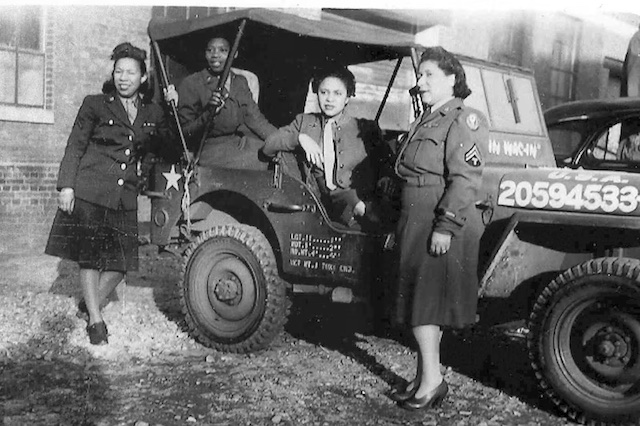
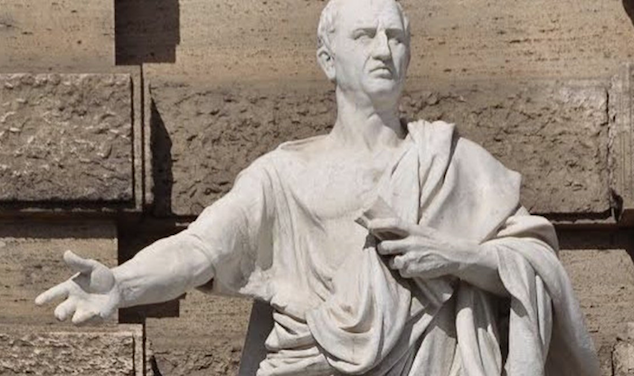
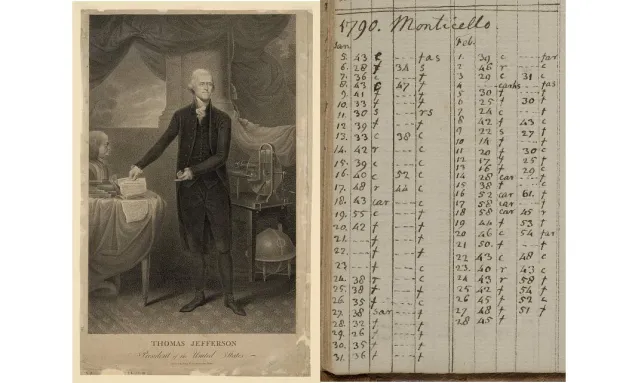


 With her flowing robes, flaming torch held high, and crown radiating out to the world like a beacon of hope, the Statue of Liberty has stood as an American emblem off the coast of New York for over two centuries.
With her flowing robes, flaming torch held high, and crown radiating out to the world like a beacon of hope, the Statue of Liberty has stood as an American emblem off the coast of New York for over two centuries.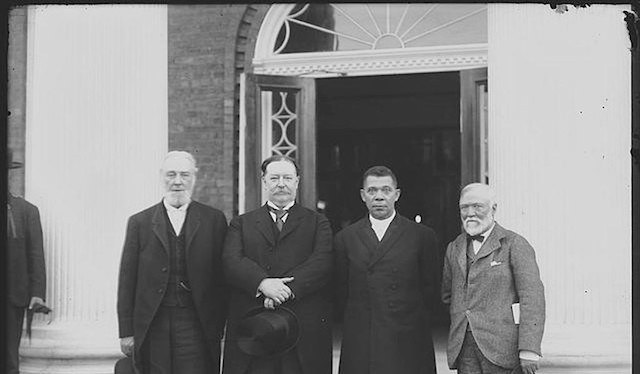
 GORHAM, Maine – While renovating a 200-year-old academy building, workers found a treasure trove of secret notes and doodles from students in the early 1800s.
GORHAM, Maine – While renovating a 200-year-old academy building, workers found a treasure trove of secret notes and doodles from students in the early 1800s. A friend of mine recently told me that his daughter got an F on her college paper.
A friend of mine recently told me that his daughter got an F on her college paper.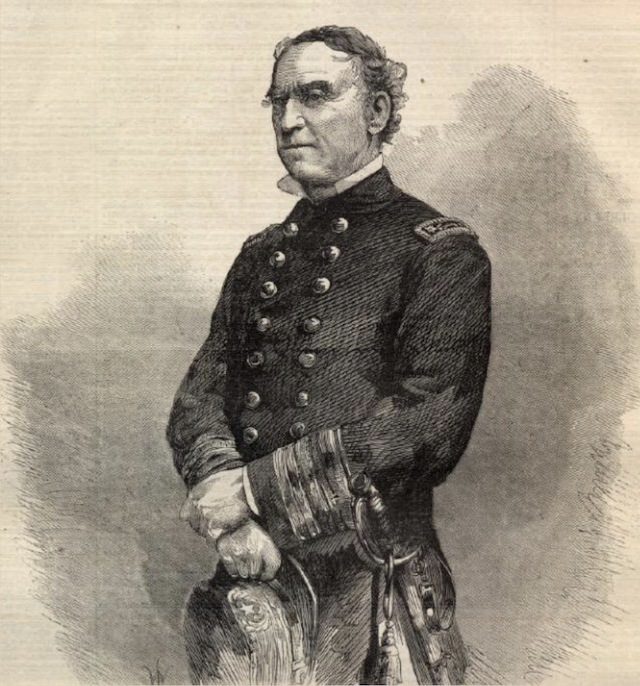
 There are many voices promising that wealth is the path to the ‘good life.’ But, knowing your ‘why’ is the path to a meaningful life.
There are many voices promising that wealth is the path to the ‘good life.’ But, knowing your ‘why’ is the path to a meaningful life. You know you’re getting old when you begin transferring the dreams you once had for yourself – such as playing basketball for the NBA – on to your child, a friend of mine recently noted.
You know you’re getting old when you begin transferring the dreams you once had for yourself – such as playing basketball for the NBA – on to your child, a friend of mine recently noted. Homeschooling has exploded in popularity in recent years, particularly since the pandemic. But researchers are still exploring why parents choose to homeschool their children.
Homeschooling has exploded in popularity in recent years, particularly since the pandemic. But researchers are still exploring why parents choose to homeschool their children.
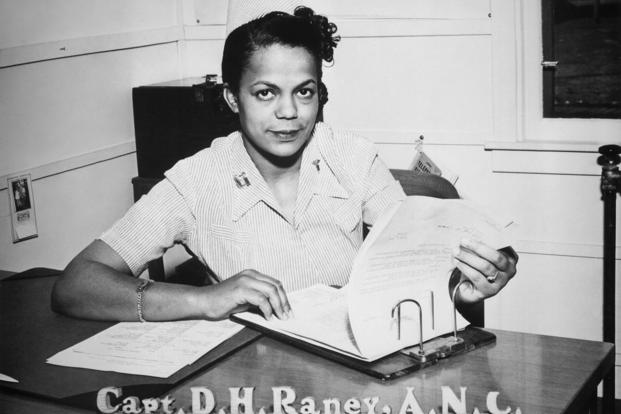
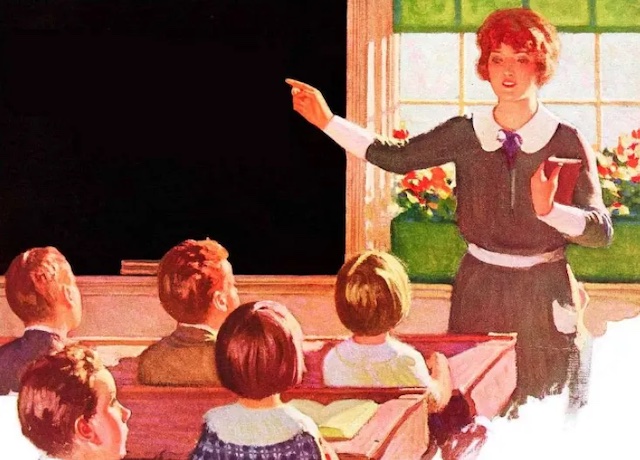 If asked that question, many would likely reply – somewhat indignantly even – “He goes to a good school. He gets good grades. Of course he’s well educated!”
If asked that question, many would likely reply – somewhat indignantly even – “He goes to a good school. He gets good grades. Of course he’s well educated!”